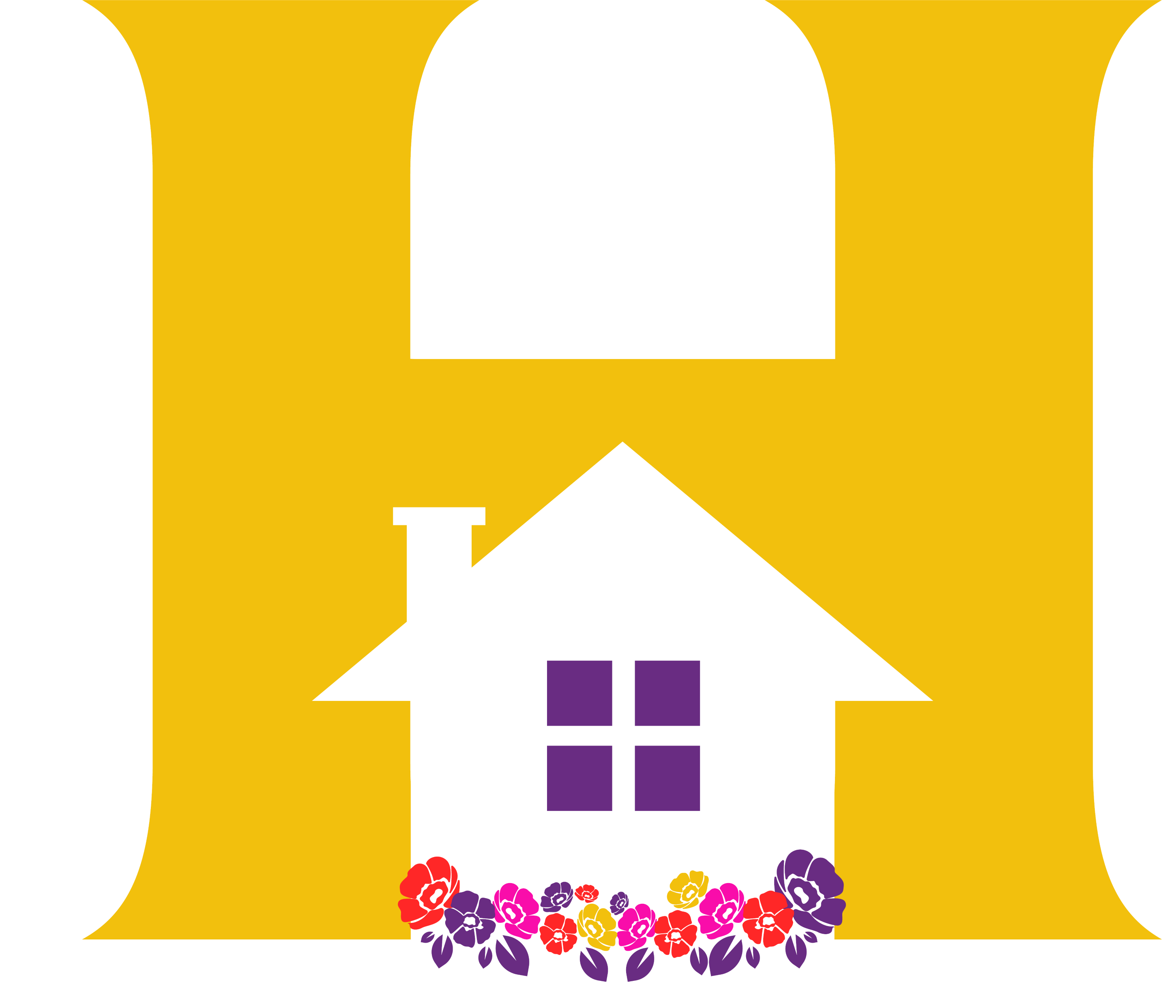How are Children Affected by Domestic Violence?
Children who are exposed to domestic violence at home may also be victims of abuse. Child victims of abuse are at risk of having long-term physical and emotional health problems. Even witnessing abuse and not directly receiving it can negatively affect children and their future relationships. Child abuse reports involved 7.5 million children.
The following is a list of short-term and long-term side-effects on children of domestic abuse.
Side-effects of Domestic Abuse
Infants
- Poor sleeping habits
- Eating problems
- Are at high risk of serious injuries
- Increase in crying

Preschool Age
- Not feeling safe
- Anxiety
- Behavioral regression
- Sleep problems
- Bedwetting
School Age
- Self-blame
- Anger issues
- Regression
- Depression
Adolescent
- Generalized anxiety
- Nightmares
- High activity levels
- Intense worry about the safety of their parent
- Difficulty concentrating
- Increased aggression
- Increased anxiety about being separated from a parent
- Insomnia

Witnessing Domestic Abuse as a Child
Children who live with and witness domestic abuse suffer from emotional and psychological trauma. Living in a household filled with fear and control, these children regularly see their family members verbally threatened and physically and emotionally abused. Some kids may experience self-blame, telling themselves that they should have protected their parents or sibling. They may experience extreme withdrawal, anxiety, and other behavioral problems. Children from these backgrounds are more at risk of having an abusive relationship and having substance abuse problems when they are older.
Some parents or caregivers may not think these kids are affected because they are not the ones being abused or are not always visibly witnessing it. However, even children who indirectly witness abuse by hearing the screaming and fighting will still be affected. Again, this can cause emotional trauma and behavioral problems. They may begin to think that it is appropriate to talk and treat others like that, because that is the type of household in which they grew up.
If a Child Comes to You and Tells You About the Abuse…
If a child comes to you and tells you someone in their home is being abused, please follow the steps below:
- Listen to what they are saying
- Tell them they have done the right thing by telling someone
- Do not confront the abuser
- Tell them that you believe them
- Report what the child has told you
- Don’t ask any hard questions; keep in mind they are children
All children and young teens need to be evaluated by a trained mental health professional. There are some great treatments out there to help with emotional and behavioral issues caused by domestic abuse. These include counseling, support groups, and family therapy. Receiving treatment in a setting where they feel safe is critical for the child/children and victimized family members to prevent or heal from the negative effects of witnessing or receiving abuse.
The National Domestic Violence Hotline for victims is 1.800.799.SAFE (7233).
Written by Jessica Christian, a blogger at Safe Harbor International Ministries
Sources:
- https://www.womensaidni.org/domestic-violence/children-and-domestic-violence/how-are-children-affected/
- https://www.aafp.org/afp/2002/1201/p2052.html
- https://www.domesticviolenceroundtable.org/effect-on-children.html
- https://www.psychologytoday.com/us/blog/progress-notes/201902/alarming-effects-childrens-exposure-domestic-violence
- https://www.parents.com/parenting/better-parenting/how-domestic-violence-affect-kids/
- http://www.thedvshelter.com/effects-of-domestic-violence-on-children/
- https://americanspcc.org/child-abuse-statistics/
Safe Harbor blog posts mentioned in this post:


0 Comments